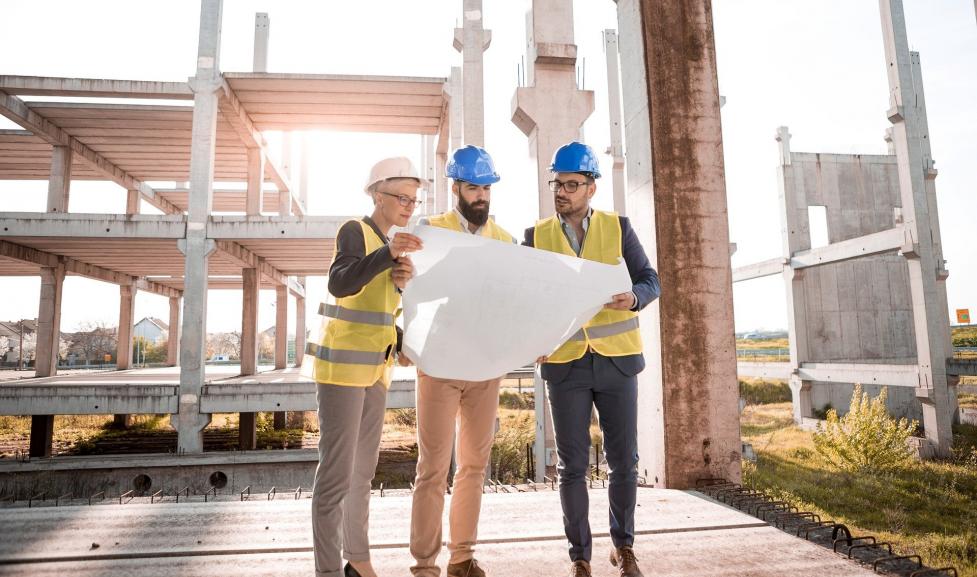Adopted Building Codes
2024 International Building Codes
On March 20, 2025, City Council adopted the 2024 International Code Council (ICC) suite of codes with local amendments. These codes will go into effect Aug. 1, 2025 and amendments can be found in Title 10 of the Boulder Revised Code.
The city has also adopted the 2024 City of Boulder Energy Conservation Code (CoBECC) which went into effect Dec. 1, 2024 as well as the 2023 edition of the NFPA 70 National Electrical Code (NEC) as amended by the city which went into effect August 1, 2023. Amendments to the NEC can also be found in the Boulder Revised Code, Title 10.
2018 International Building Codes
City Council adopted of the 2018 International Code Council (ICC) suite of codes with local amendments March 3, 2020. These went into effect July 1, 2020 and can be found in Title 10 of the Boulder Revised Code. The city has also adopted the 2024 City of Boulder Energy Conservation Code and it went into effect Dec. 1, 2024.
Boulder Revised Code
The Boulder Revised Code is the charter for the municipal government of the City of Boulder, Colorado.
An online version of the Boulder Revised Code is provided as a public service, but is different in layout, format, and structure from the official Boulder Revised Code. Select the "Boulder Revised Code" link to view the online version.
The official version of the Boulder Revised Code is supplemented and published quarterly in written form, and is available in Central Records at the City of Boulder Municipal Building, 1777 Broadway. A printed copy is available at the Main Boulder Public Library, 1000 Canyon Boulevard.
Boulder Revised Code Definitions
Design and Construction Standards
All civil engineering design must conform to the Design and Construction Standards.
The Design and Construction Standards are intended to protect the public health, safety, and welfare in the provision and maintenance of public improvements within the City of Boulder. These standards apply to the comprehensive design and construction of adequate and functional public improvements associated with developing, redeveloping and subdividing lands and providing necessary right-of-way, transportation, and utility services.
